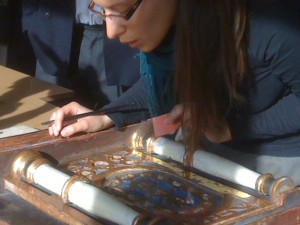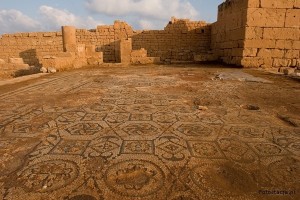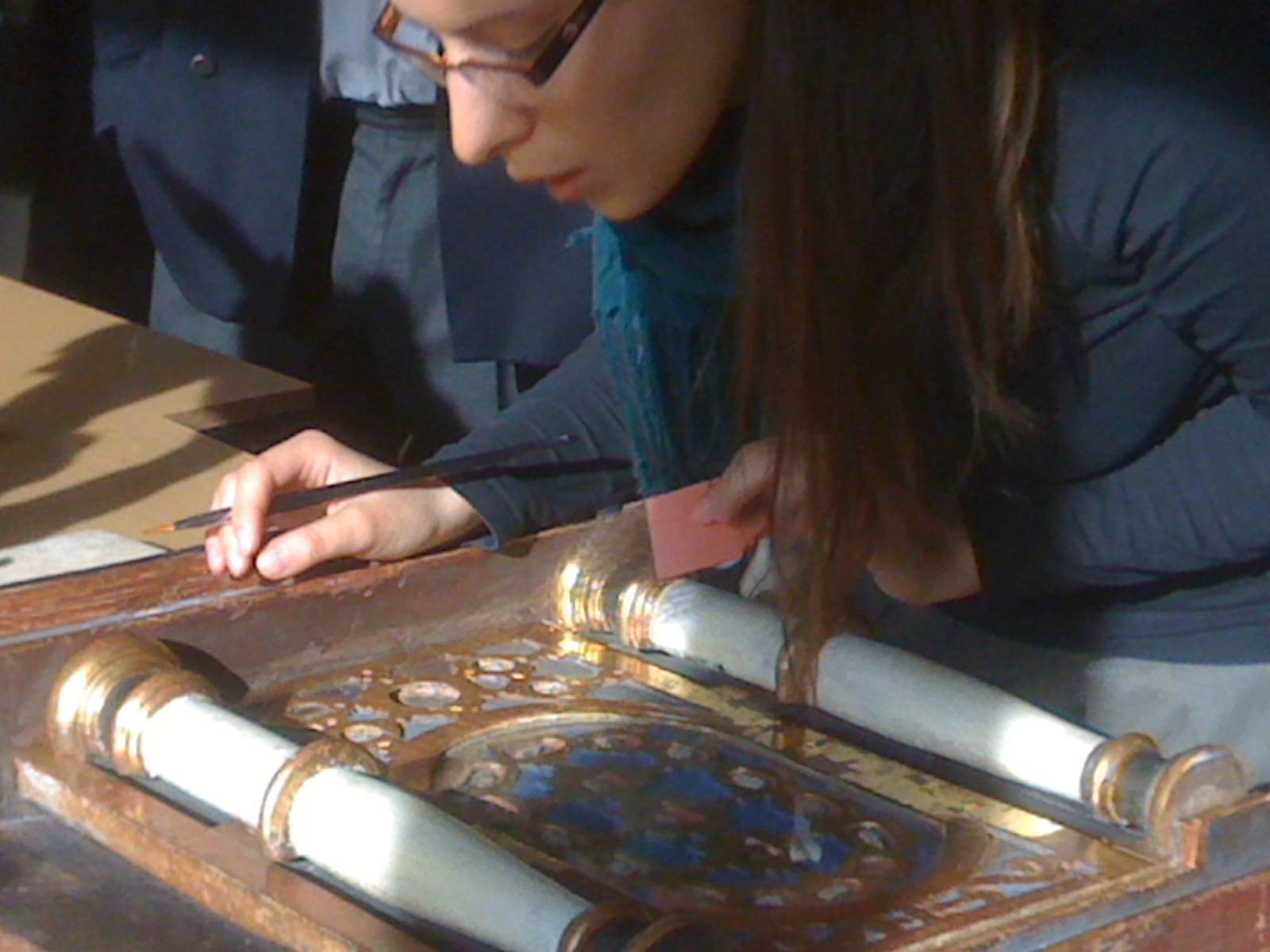By Tom Westcott.

Torun, Poland, 20 October:
Polish conservation experts, eager to help restore Libyan monuments, are delaying their arrival until next year, . . .[restrict]when they hope the security will have stabilised.
An exhibition showcasing Polish achievements in conservation will come to Tripoli in 2013. Libyans will be able to browse individual stands, where small and medium-sized Polish enterprises will demonstrate skills and specialised conservation products. Seminars where ideas and expertise can be shared are also being planned.
At a conference this week in Poland’s historic city of Torun on the renovation of monuments, Alexandra Oniszk said that Polish conservation expertise, from the maintenance of ancient buildings to monument and statue cleaning and restoration, could benefit Libya.
Oniszk, the project coordinator, said that the damage Poland sustained during the Second World War, including to the historic ‘old town’ in its capital Warsaw, compelled them to develop and refine conservation knowledge and skills.
On the sidelines of the conference, Oniszk told Libya Herald that Libya’s security situation had delayed launching the project sooner. She added that a date would be decided in November, and that it was likely to be early in 2013, possibly in February.
The exhibition and seminars will be organised by ‘Poland Cares,’ a business promotion programme funded by the European Regional Development Fund and supported by the Polish Ministry of Economic Affairs.
The exhibition and seminars planned for Tripoli will provide an opportunity for Libyan and Polish companies to explore future business links, create international contacts and share best practice.
Despite the security concerns and problems acquiring visas, Poland Cares has said that the contribution its conservation experts can make will be invaluable to the tourism potential of Libya. “Such undertakings are connected with the necessity to reconstruct antique objects and preserve the artefacts that have been found, but have not been examined yet.”
Poland has specialist departments for training professional conservators in two academies and one university, and 70 year tradition of conserving and restoring paintings. In particular, their skills and experience in the renovation of wall paintings could benefit the wall paintings at Libya’s ancient Roman sites and the cave paintings of Wadi al-Hayat.
Poland and Libya had strong economic ties for over forty years, particularly in the health and construction sectors. These ties were disrupted by the fall of the communist regime in Poland but are being rebuilt. Bringing conservation experts to Libya is a natural progression from the archeological work students have been undertaking in Cyrenaica.

Since 2001 Polish archaeologists from Warsaw University have carried out excavations at the ancient city of Ptolemais. Their discoveries at the 250-hectare site include the 1,800 year old house of the Roman Lucius Accius, containing some 24 mosaic floors and several metres of well-preserved wall paintings. [/restrict]










